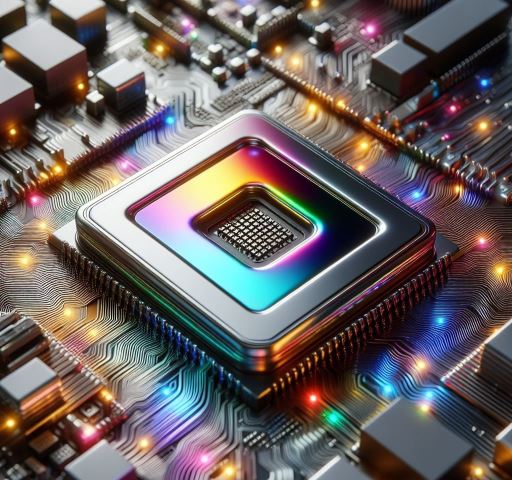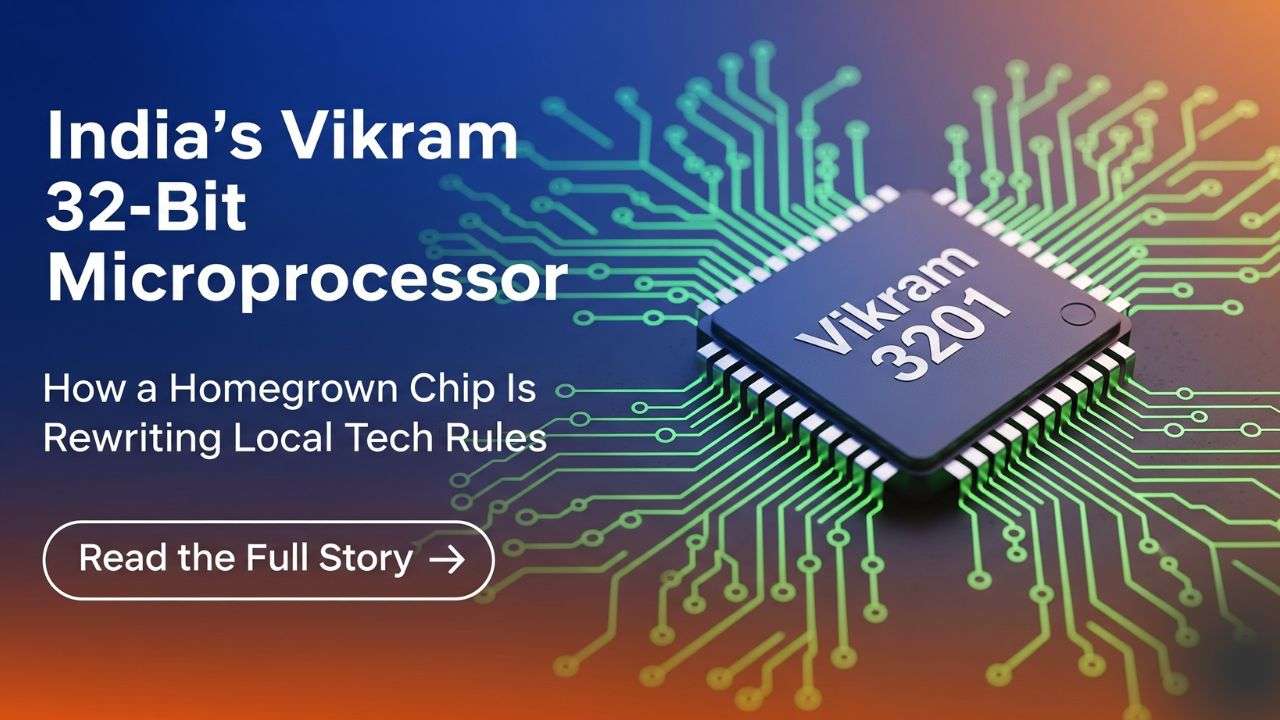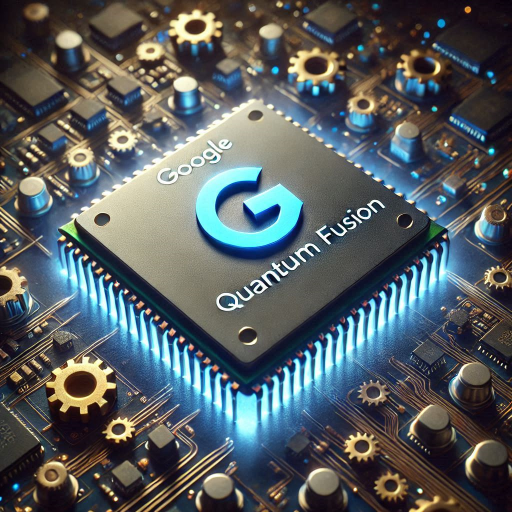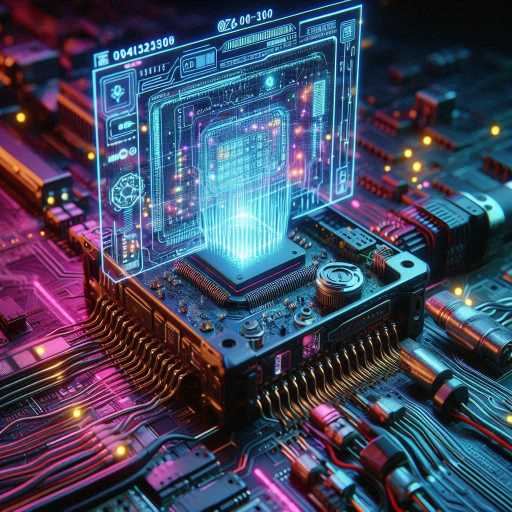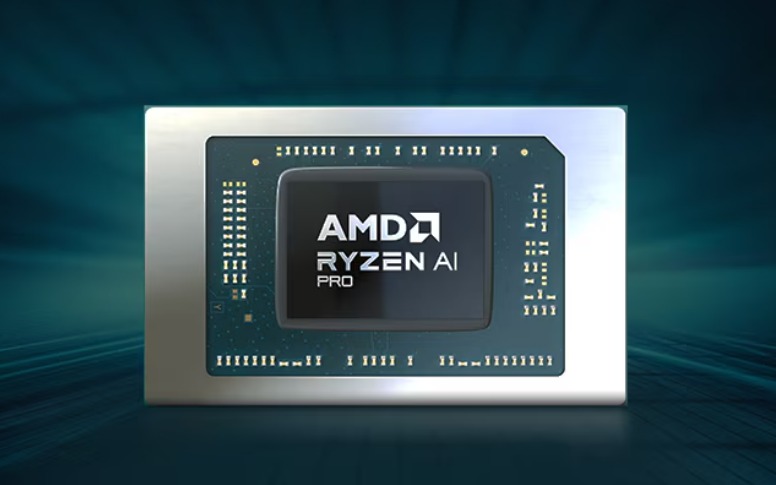In the ever-evolving landscape of technology, processor chips have emerged as the unsung heroes, powering the devices and systems that shape our daily lives. These tiny marvels of engineering play a pivotal role in a multitude of sectors, driving progress and innovation. Let’s take a closer look at the career and significance of processor chips, exploring their impact on diverse fields and unraveling some scientific wonders.
Table of Contents
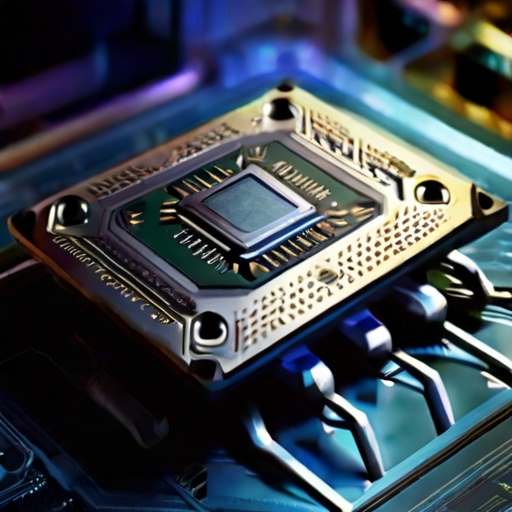
The Processor Chips
Processor chips, often referred to as CPUs (Central Processing Units), are the brains behind electronic devices. Their journey began in the mid-20th century when pioneers like Intel and IBM paved the way for miniaturized computing power. Over the years, these chips have undergone a transformative evolution, becoming smaller, faster, and more efficient.
The Scientific Marvels
At their core, processor chips are composed of millions, or even billions, of transistors. Transistors are like tiny switches that control the flow of electrical currents. The process of semiconductor manufacturing, involving intricate lithography and doping techniques, allows engineers to create these minuscule transistors on a single chip.
Moore’s Law, formulated by Intel co-founder Gordon Moore, predicted the doubling of transistor density roughly every two years. This law has largely held true, driving an exponential increase in computing power and paving the way for the technological advancements we witness today.

Career in Computing a processor Chip
Processor chips have found their calling in the heart of computing devices, from personal computers to laptops, smartphones, and servers. The demand for skilled professionals in chip design, manufacturing, and optimization has surged, creating a robust career path in the field of electrical engineering and computer science.
Importance in Various Sectors
- Healthcare: In the medical sector, processor chips are instrumental in imaging devices, diagnostic equipment, and the processing of complex medical data. They enable advancements in medical research, diagnostic accuracy, and the development of life-saving technologies.
- Automotive: The automotive industry relies on processor chips for various applications, including engine control units, safety systems, and in-vehicle infotainment. Advanced driver-assistance systems (ADAS) leverage powerful processors for real-time decision-making, enhancing vehicle safety.
- Communication: From smartphones to networking equipment, processor chips facilitate seamless communication. The advent of 5G technology relies heavily on powerful processors to handle the increased data transfer speeds and connectivity demands.
- Space Exploration: Processor chips are the brains of space probes, rovers, and satellites. They withstand extreme conditions and enable autonomous decision-making during space missions. Their reliability is paramount in the quest for exploring the cosmos.
- Artificial Intelligence (AI) and Machine Learning (ML): The surge in AI and ML applications owes much to the capabilities of processor chips. These chips are tailored for handling complex algorithms and massive datasets, driving advancements in automation, natural language processing, and image recognition.
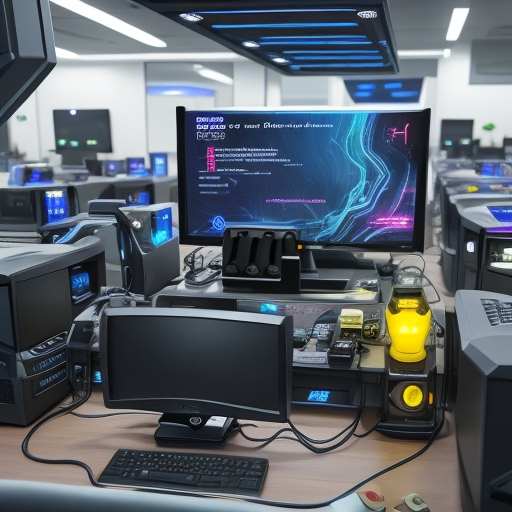
Some mind blown fact about chips
- Microscopic Marvels: The size of modern processor chips is mind-boggling. In fact, some of the smallest transistors on these chips are only a few nanometers wide. To put it into perspective, you could fit thousands of transistors across the width of a single human hair!
- Speed Racer Chips: Processor chips are incredibly fast thinkers. A high-end processor can execute billions (yes, billions!) of instructions per second. That’s like finishing a thousand-page book in the blink of an eye—talk about speedy computation!
- Cooking with Chips: Ever accidentally left your laptop on your lap for too long and felt it warming up? That’s the processor chip at work! Despite their small size, these chips generate heat, and some computer enthusiasts have even tried using them to fry eggs. Spoiler alert: It’s not the most efficient kitchen appliance.
- Let’s Play Hide and Seek: Processors are so tiny that you could easily fit multiple ones on your fingertip. In fact, the first commercially available processor, the Intel 4004, released in 1971, could easily be hidden under a coin. It’s like having a powerful computer in your pocket, decades before smartphones became a reality.
- Eating Electrons: Believe it or not, computer chips can be quite sensitive to the environment. The air around us is filled with tiny particles, including dust. If left unchecked, these particles could potentially interfere with the functioning of the chip. This is why some clean room environments, where chips are manufactured, are cleaner than a hospital operating room.
- The Original Silicon Valley: Processor chips are primarily made from silicon, a material derived from sand. So, in a way, every time you use a device powered by a processor chip, you’re harnessing the power of refined sand!
- Power-Efficient Performers: Despite their incredible processing capabilities, many modern processor chips are designed to be energy-efficient. Some chips are so energy-conscious that they can dynamically adjust their performance based on the workload, much like a well-trained athlete adapting to different levels of exertion.
- Born to Overclock: Overclocking is a practice where enthusiasts push their processor chips to run at higher speeds than the manufacturer’s specifications. It’s a bit like convincing your car to go faster than it’s supposed to. While it can lead to impressive performance boosts, it also generates more heat, so proceed with caution – you wouldn’t want your computer to catch a “speeding” ticket!
- Caffeine for Chips: Just like how a cup of coffee can wake you up, some processor chips have a feature called “Turbo Boost.” When the system requires extra processing power, the chip can automatically overclock itself temporarily, giving your device a boost of performance. It’s like the chip’s version of a double espresso!
- The Sound of Progress: Believe it or not, the sound you sometimes hear coming from your computer isn’t just random electronic noise. Some chips emit a faint high-pitched noise, often referred to as “coil whine.” It’s the sound of electrons doing their dance within the circuits, and while it might be a bit annoying, it’s a symphony of progress in the world of technology.
As we navigate the digital age, processor chips stand as silent enablers, powering the technological landscape across diverse sectors. Their journey from the drawing board to becoming indispensable components in our daily lives is a testament to human ingenuity. As the demand for computing power continues to grow, so does the significance of processor chips, ensuring a promising and dynamic future for the world of technology.
for more knowledgeable Contant click here–>Read New

